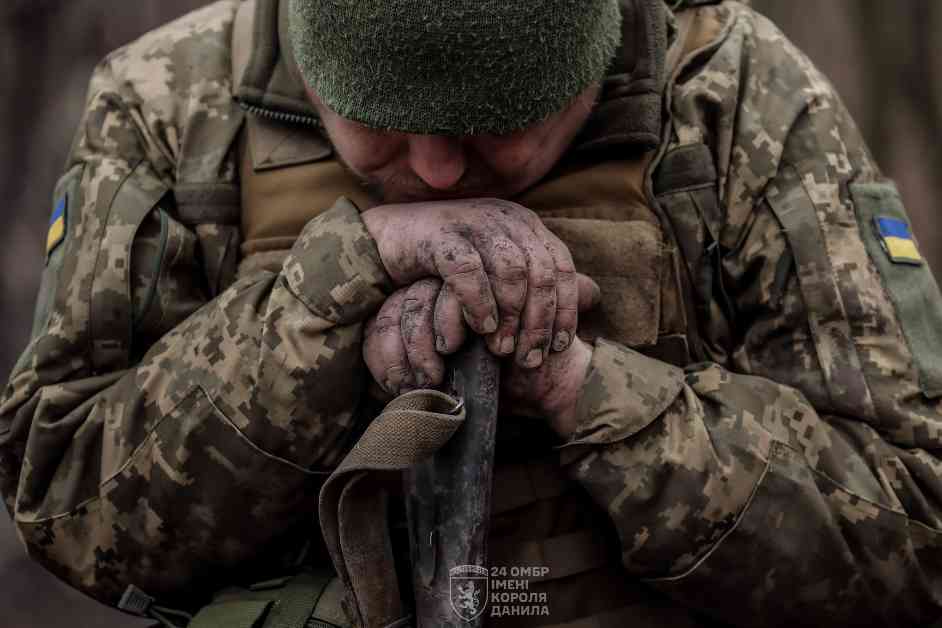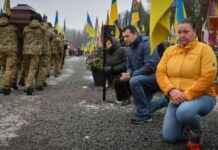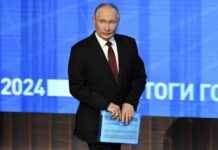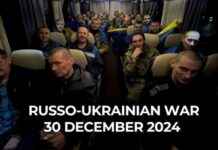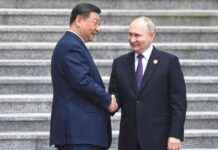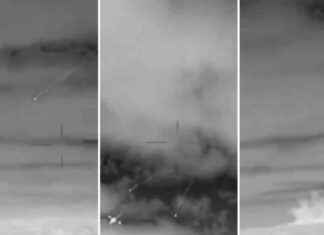Germany’s Federal Intelligence Service (BND) recently made headlines by suggesting that Ukraine should fight Russia until 2030 to protect Europe—an assertion that has sparked controversy and fear among Ukrainians. The idea of Ukraine becoming a buffer state for European security has been met with resistance and concern, particularly as tensions between Western intelligence officials and political leaders escalate.
Since Donald Trump took office as US President, the situation in Ukraine has intensified, with pressure mounting for Ukraine to accept a peace deal that Moscow refuses to compromise on. President Volodymyr Zelenskyy’s recent visit to Washington ended in a diplomatic scandal, leading to the abrupt cessation of all US military aid, including intelligence sharing. Despite verbal support from Europe, concrete military assistance has yet to materialize, leaving Ukraine vulnerable in the face of Russian aggression.
Early peace in Ukraine could spell trouble for Europe, according to Bruno Kahl, head of Germany’s Federal Intelligence Service (BND). In an interview with Deutsche Welle, Kahl warned that if the war in Ukraine ends before 2029-2030, Russia could redirect its military resources toward Europe sooner than anticipated. This scenario could lead to a security threat or even blackmail from Russia against Europe, challenging the unity of the West.
The conflicting reactions to Kahl’s comments highlight the divide within Ukraine regarding the future of the war. While some, like Andriy Kovalenko, criticize European military preparedness and call for immediate action, others, like opposition leader Yulia Tymoshenko, express shock and concern over the potential consequences of prolonged conflict. These differing perspectives underscore the complexity of the situation and the urgent need for a resolution that ensures both peace and security.
Denmark’s Prime Minister Mette Frederiksen echoed Germany’s apprehensions about Russia’s intentions, expressing skepticism about Putin’s commitment to peace in Ukraine. Frederiksen warned that a peaceful resolution could be more dangerous than the current war, emphasizing the need for caution and strategic foresight in navigating the conflict.
The growing concerns surrounding Russia’s strategic aims and the implications of the war on European security paint a grim picture for Ukraine’s future. As the US, European allies, and Ukraine grapple with how to end the conflict, tensions rise, leaving Ukraine’s position in the Western alliance uncertain. The need for a decisive and coordinated response to Russian aggression is more pressing than ever, as the fate of Ukraine hangs in the balance.
Despite the challenges and uncertainties ahead, the hope for peace in Ukraine remains strong among its people. As the international community grapples with the complexities of the conflict, the resilience and determination of the Ukrainian population serve as a beacon of hope for a brighter future. The path to lasting peace in Ukraine may be fraught with obstacles, but with unity, resolve, and unwavering support, there is a glimmer of hope on the horizon.
